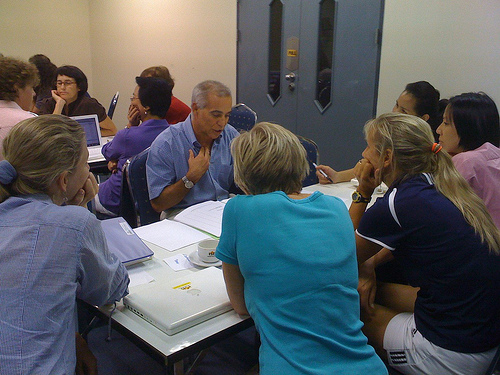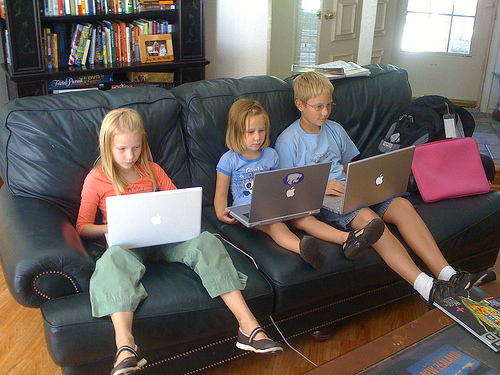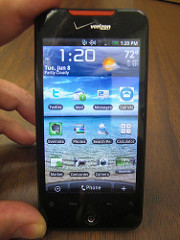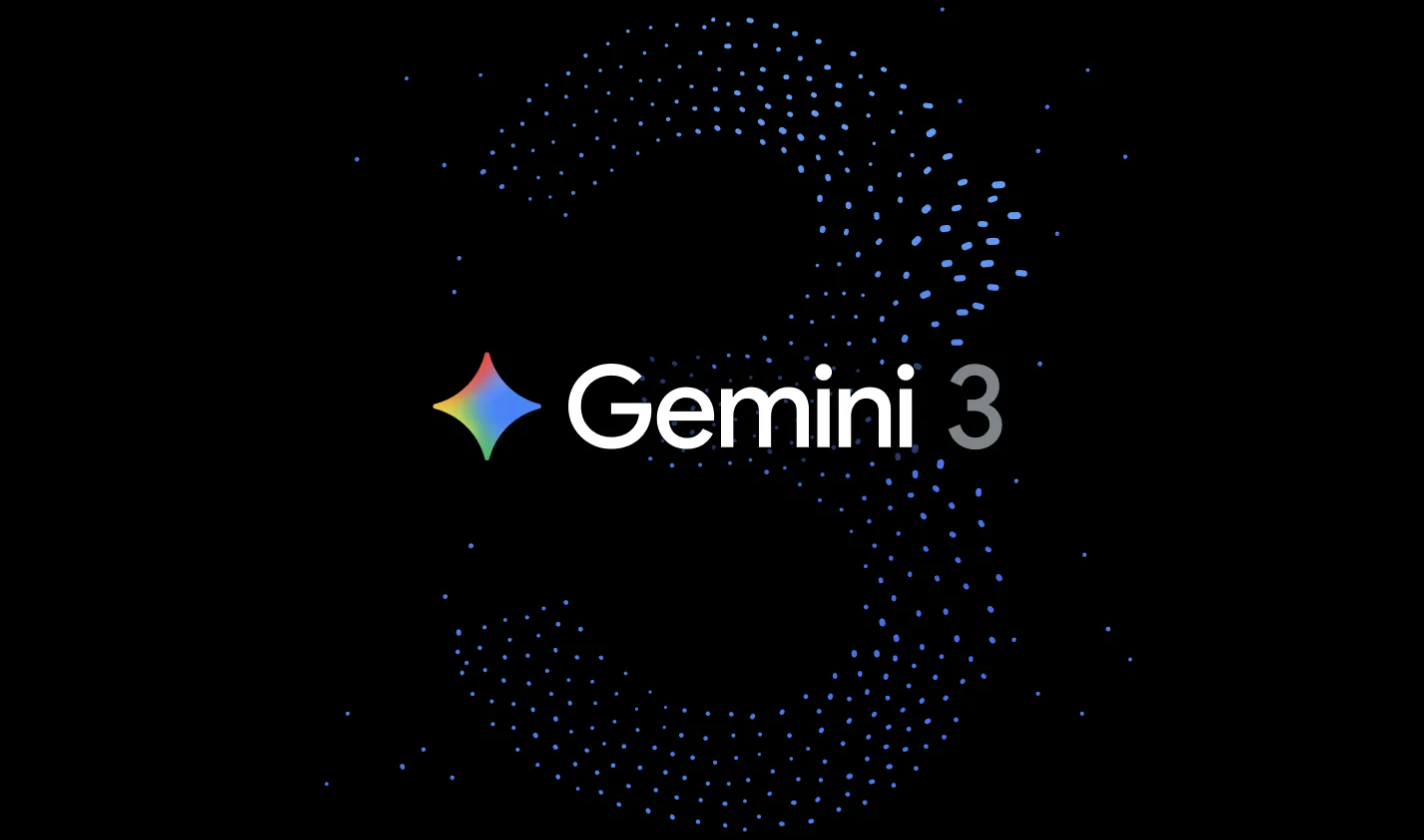Hooked on technology? Or, on relationships (and learning)? by Kevin Jarrett

{Cross posted on TechLearning Advisor Blog}
photo credit: superkimbo in bkk
I spend a lot of time online, so, New York Times health columnist Tara Parker-Pope's recent writeup Are You Hooked on Technology? really hit home for me. (It's actually a collection of several thought-provoking articles on this subject.) I was most intrigued by these questions by St. Bonaventure University's Kimberly Young, a leading researcher investigating the addictive nature of online technologies and the effects they can have on people's "regular" (read: offline) lives:
- Do you frequently form new relationships with fellow online users?
- Do others in your life often complain about the amount of time you spend using technology?
- Do you always check your e-mail messages before doing other things?
- When you’re online and someone needs you, do you usually say “just a few more minutes” before stopping?
- Have you ever chosen to spend time online rather than going out with others?
I immediately started thinking about how online interactions shape professional learning. I often wonder about the impact of time we spend with our online networks vs. time we spend interacting with our colleagues face to face. So, I revised her questions:
- Do you frequently form new online relationships with teachers outside your district?
- Do colleagues in your district question the amount of time you spend using technology in your classroom?
- Are you more likely to e-mail a distant colleague or use Twitter to seek an answer a question than ask someone in person?
- Imagine you’re engaged in an online activity and a colleague stops by. Are you able to immediately break away and give them the attention they deserve?
- How much more likely would you be to choose to spend time exploring ideas and issues online via your personal learning network rather than interact with your local colleagues?
There are many forces and issues at work here. Clearly anything that improves someone's knowledge on a particular subject is helpful, but if that comes at the expense of personal relationships developed with co-workers, isn't that counterproductive? Even so, it seems logical that, depending on the subject matter, the knowledge and skills in the "Twitterverse" or our "Personal Learning Networks" (PLNs) exceed what is available in our own schools, making them a logical "go-to first" choice. Why would you ask a colleague a question if they had no relevant background or experience in that particular area? Nonetheless, online relationships give us easy access to vast quantities of people - and information - we simply wouldn't have otherwise. To me, therein lies the problem...

Online relationships provide like-minded educators with a free, 24/7, all-you-can-eat buffet of knowledge, but because WE define it, the selection often isn't very well balanced. Most people tend to load up their PLNs like oversized plates at the local buffet, piled high with the stuff we enjoy the most - people who do the same kind of work, who work at the similar schools, who think the same way we do, or who like the same things. The result is a lack of variety in terms of intellectual perspective in our PLNs. It doesn't mean the information is flawed, it just means it's not as balanced as it could be. And it exacerbates the tendency to overconsume, and therefore, appear "addicted." There's more. Linked in the same article, you'll find Hooked on Gadgets, and Paying a Mental Price, by New York Times reporter Matt Richtel. Granted, this story is mostly about a technology entrepreneur living in Silicon Valley, not an educator, but I saw some eerie parallels between by my family's life and that of the Cambell's. For one, the constant presence of technology, particularly during social family time. It's a concern for my family, to be totally honest, as my wife and I have been trying to find a way to implement a 'power down hour' when we're all together with screens and devices off. (We haven't quite sold our daughters [age 15 & 19] on the idea yet.) Take a look at the photo below, from my friend and colleague Wes Fryer, titled The replacement for Saturday morning cartoons:
Tools and ideas to transform education. Sign up below.

Don't worry, Wes has plenty of other pictures (and so do I) that document a well-rounded family existence. :) Still, Wes's excellent blog post, Saturday morning in a 1 to 1 household, echoes Clay Shirky's words about how technology has supplanted 'passive' entertainment like Saturday morning cartoons. There is real educational value in our online interactions, they are more active, interconnected, cerebral and, frequently, involve another human beings at the other end as a fellow player or opponent. You can't say that for reruns of Spongebob Squarepants. But I digress... What about the allegation that smartphones, cellphones and personal computers are needless intrusions in our lives, increasing stress and making it harder to concentrate? According to a New York Times/CBS News poll, "almost 30 percent of those under 45 said the use of these devices made it harder to focus." The study cites some positive findings, including "most said the use of devices had no effect on the amount of time they spent with their family." As I think is evident in the photo above, technology doesn't have to take away from family time. Sometime it enhances it. Here's a slightly different take on the issue. About a week ago, I got my very first smartphone, a Verizon Droid Incredible ("DInc," as it's called). So far this phone has lived up to its name in every way and is actually REDUCING the amount of time I spend connected. It's improved my focus, and, most surprisingly, it's even helping me shed other electronic devices. Having the DInc with me means I am just a few swipes & taps away from Twitter, email, text messages, voicemail, the web and more. Before, if I wanted to check in online, I'd have to fire up my MacBook or Toshiba netbook, or find a desktop PC. Once done with the task at hand, I'd often get distracted and end up bouncing around the web, doing nothing particularly productive. With the DInc, I handle what I need to, log off, and put it away. As a result, I've decided I no longer need my Toshiba netbook. My DInc is easier to carry and does the majority of I needed the netbook for - connecting to & learning from other people via the web. Like danah boyd says, "we’re addicted to our friends, not the computer." To wrap this up, I'll close with this question: does the confluence of technology (both hardware and software) in modern daily life represent a distraction that costs us in terms of reduced real-life interactions with other people? Or does all this technology make us more connected, more efficient, and more effective in our work and personal lives, enhancing our learning every day? I'm going with the latter. How about you? -kj-

